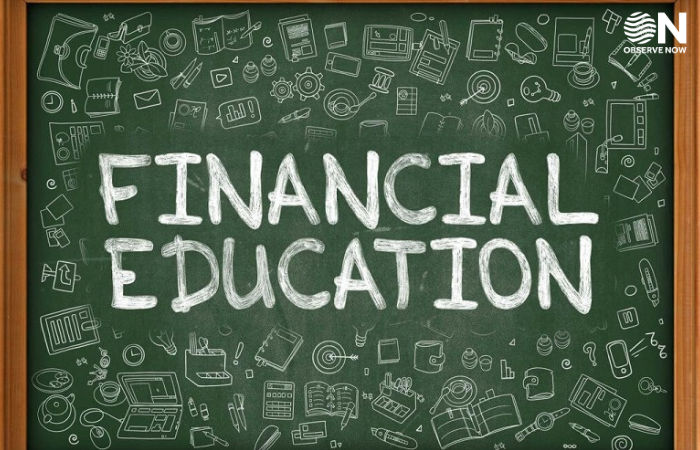Personal Finance Emerges as the New Must Have Skill for Students

In recent years, there has been a growing emphasis on integrating personal finance education into high school curricula. This shift aims to equip students with essential financial skills, preparing them for the complexities of adult life.
Educators have recognized that financial literacy is crucial for all students, regardless of their socioeconomic backgrounds. Interactive teaching methods, such as budgeting exercises and simulations of unexpected expenses, are employed to engage students and impart practical knowledge. These approaches help students understand the real-world implications of financial decisions, fostering responsible money management habits from a young age.
Programs like Next Gen Personal Finance have been instrumental in promoting financial education nationwide. NGPF provides resources and curricula designed to make personal finance accessible and engaging for high school students. By partnering with schools, they aim to ensure that financial literacy becomes a standard component of secondary education.
The importance of such education is underscored by the fact that even in a country with advanced financial markets, many adults lack basic financial knowledge. This gap can lead to challenges such as poor budgeting, inadequate savings, and vulnerability to financial scams. By introducing financial concepts early, schools hope to mitigate these issues and promote long-term financial well-being among future generations. Moreover, the prevalence of financial advice on social media platforms has raised concerns. Students are often exposed to misleading or risky financial schemes online. Through formal education, they can develop critical thinking skills to assess the credibility of such information and make informed decisions.
In conclusion, the integration of personal finance education in high schools represents a proactive approach to preparing students for the financial responsibilities of adulthood. By fostering financial literacy early on, educators aim to empower students to navigate the economic challenges of the modern world confidently.
















